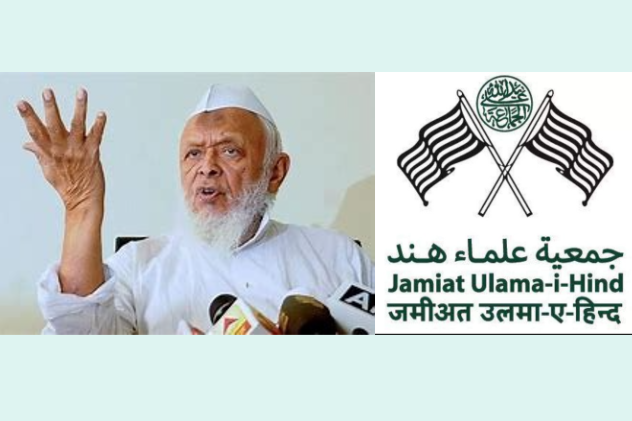New Delhi: Jamiat Ulama-i-Hind has moved the Supreme Court, seeking urgent measures to prevent incidents akin to the recent events in Sambhal, Uttar Pradesh. The organisation had earlier filed a petition in the Supreme Court advocating for the protection of places of worship and the enforcement of the Places of Worship Act, 1991. However, this petition has remained unheard for over a year.
Maulana Arshad Madani, President of Jamiat Ulama-i-Hind, expressed grave concern over the lack of implementation of laws safeguarding religious sites. He stated, “Incidents like Sambhal occur because the provisions of the law to protect places of worship are not being effectively enforced. Despite the clear provisions of the Places of Worship Act, 1991, lower courts are still issuing orders to survey Muslim places of worship, which is a direct violation of the law.”
The Maulana further highlighted that the Jamiat’s petition has faced repeated delays. Former Chief Justice of India, DY Chandrachud, had granted extensions to the Central Government to file its response, but the case remains unheard. Following the Sambhal incident, the organisation has once again urged the Supreme Court to prioritise the matter.
Condemning the police firing in Sambhal, Maulana Madani remarked that the incident reflects a broader history of police excesses, citing examples like Maliana, Hashimpura, Moradabad, Haldwani, and now Sambhal. He criticised the police for failing to uphold their duty of maintaining law and order and instead acting in a biased manner against minorities, particularly Muslims.
“Justice cannot operate on double standards. Discrimination on the basis of religion undermines the Constitution and the law,” he said, emphasising the need for impartiality and fairness in law enforcement.
Madani described the events in Sambhal as a tragic example of lawlessness and brutality. He highlighted viral videos showing unprovoked police firing and noted that the administration appears to be deflecting responsibility by suggesting that the fatalities were caused by other shooters. He questioned, “If the police didn’t fire, how were bullets seen coming from their guns? The entire truth is caught on camera.”
He also accused the police of changing tactics to target Muslim youth, suggesting the use of illegal weapons to obscure accountability. The Maulana linked this to a larger pattern of controversies surrounding Muslims’ places of worship, with local courts allegedly making irresponsible decisions that contravene the Places of Worship Act, 1991.




